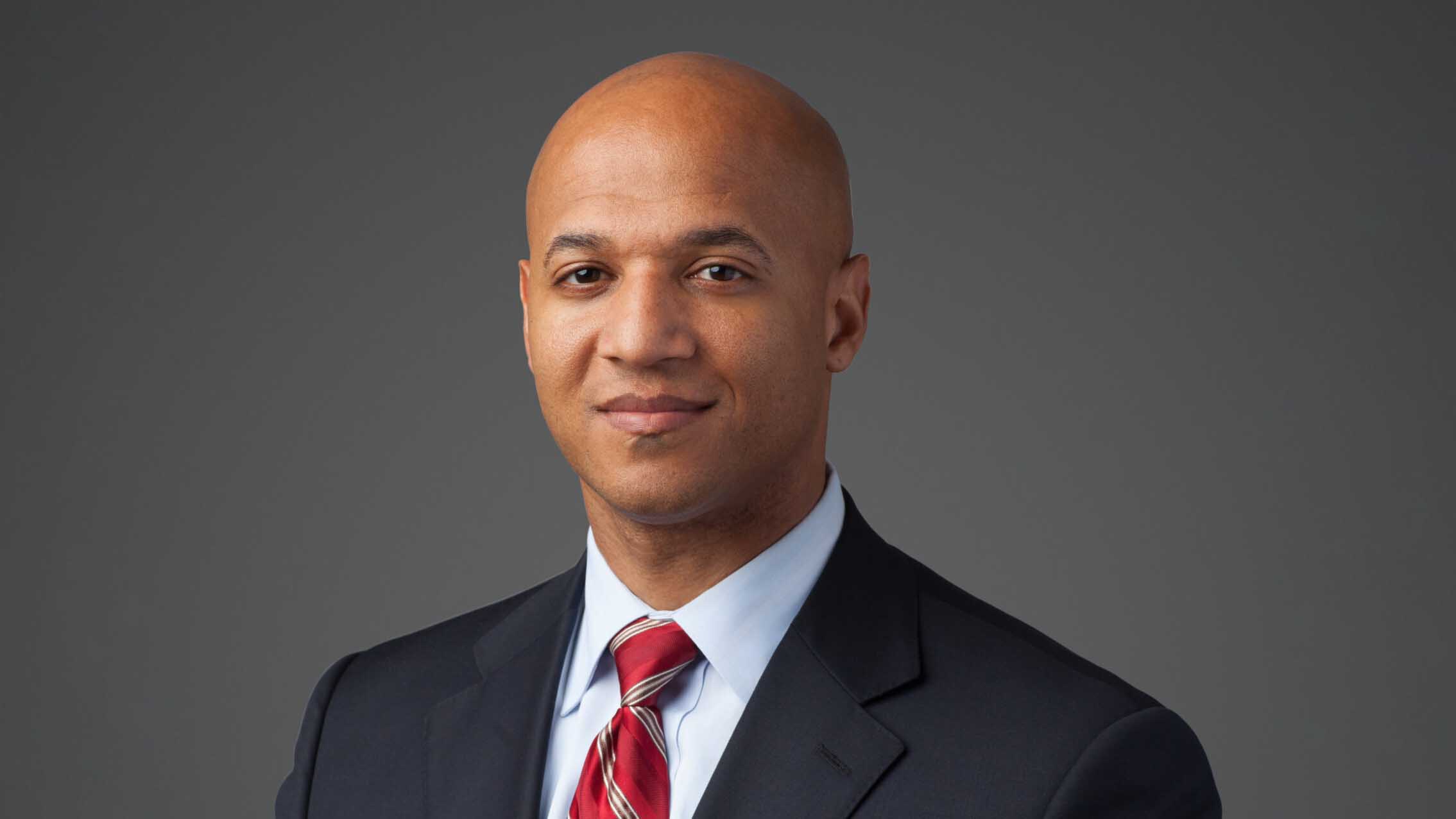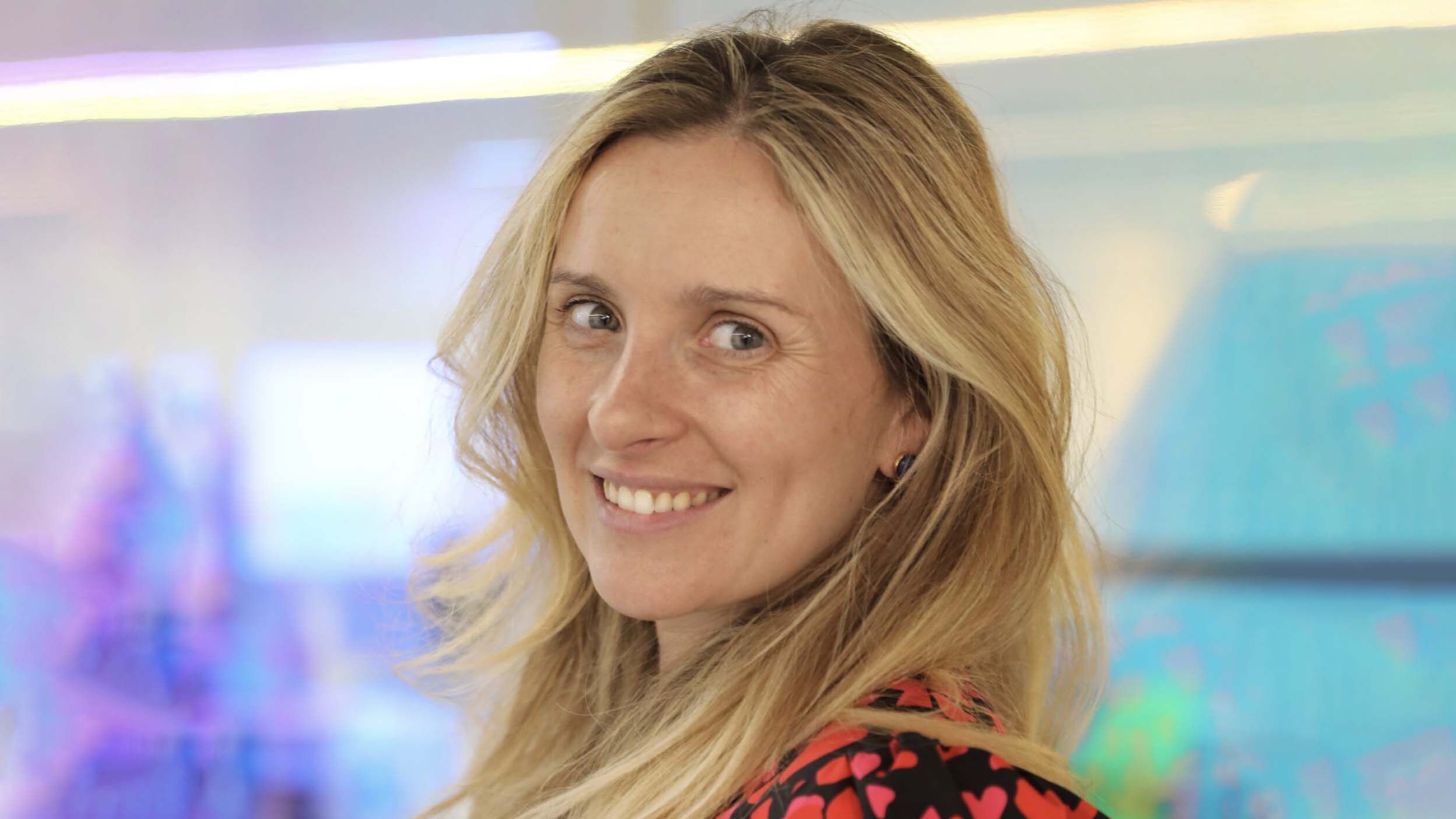May 18, 2023
Ranking innovation ecosystems worldwide seem to be a tricky business. Criteria vary, some things are subjective, and conclusions can vary widely. It’s unsurprising that Boston is ranked #1 in the world for biotech. But when it comes to fintech (the sector I know best), the story is not as clear. I’ve seen Boston’s fintech ecosystem ranked as high as # 7 globally and as low as #21. Beyond the rankings, there is also perception. I have long believed that Boston’s fintech ecosystem is underestimated, even by people here in Boston. Not enough people know the story.
The city has clear strengths for anyone considering where to found or expand a startup, including world-class educational institutions and medical facilities, outstanding museums and performing arts organizations, and great weather (except in August). Talent is here and the culture is very supportive of entrepreneurs. We are largely earthquake-free, and the city isn’t built on porous limestone. Everyone gets to vote and a full range of healthcare options is available to all. We have easy access to the mountains and the seashore for recreation. And for people who care about such things, our local sports teams generally do quite well.
Segun Idowu joined the cabinet of Boston Mayor Michelle Wu in January of 2022. A lifelong resident of Boston, he’s got a big portfolio. He is responsible for leading the city’s efforts to advance economic development and support business growth and formation. He is spearheading reforms to city contracting with an eye toward increasing supplier diversity. It is his job to see that we have a thriving, inclusive and equitable economy while closing the city’s racial wealth gap and expanding job and business opportunities for all Boston residents. Tourism, sports and entertainment, and licensing are also within his purview.
He agreed to talk about what the city is doing and could do to support the innovation community, to make Boston a bigger draw for entrepreneurs (and the jobs they create), to better integrate the city’s entrepreneurs into the business establishment, and to raise the visibility of key sectors on the national and global stage.
Q. Segun, as Chief of Economic Opportunity and Inclusion, what role can you play in promoting the city’s startups? What role should Mayor Wu play?
A. Mayor Wu has a vision of a green and growing Boston that is family friendly and closes the racial wealth gap. Our startup community plays a big role in helping us address the challenges that make the realization of this vision possible, and the Mayor knows that. It’s why she is regularly engaging stakeholders in the startup ecosystem, from leaders at MassChallenge, to experts in the A.I. sector, to startup founders themselves. Currently, we are working on building the capacity of our Global Affairs team to allow us to include the voices and needs of our startup community in partnership agreements with like-minded cities across the nation and world, as well as attract investment for and collaboration with Boston-based startups.
Q. Do we need an agency that promotes Boston as a world-leading city to an international audience of entrepreneurs? One that helps them set up or scale up within the city? London and Paris both have government-funded organizations devoted to this.
A. We have a dedicated International Business Strategy team within our Business Strategy Unit that works across various industries to support international business expansion and relocation to Boston. The team works directly with companies regarding site selection, regulatory assistance, and workforce pipeline development, and connects businesses with Massachusetts communities such as industry associations, quasi-public organizations, and educational institutions. The city also works with incubators and accelerator programs like MassChallenge and MassRobotics, who serve in the function of promoting Boston as a leader across the world.
Q. Is there a liaison in City Hall for the entrepreneurial community?
A. Yes — we have Industry Business Managers who engage with startups ranging from fintech to life sciences to global startups looking to make a home in Boston and operate as liaisons between them and city agencies or partners in the community.
Q. Could the city partner with local startups to develop and pilot solutions that meet specific City of Boston needs?
A. We know that much of the innovation we need to solve the big challenges facing our city and region lie within the startup community. Working with local incubators and accelerators like MassChallenge has given us the opportunity to find innovative solutions for city challenges. For the past five years the city has been a community partner to MassChallenge, and this year we are looking forward to working with fintech and healthtech startups who can help find solutions for citywide issues that impact our underserved communities. For example, through this program we have worked with startups that are increasing access to mental healthcare, increasing quality of care for our age strong community and creating a financial tool that helps with credit building. And we are looking forward to working with many others. In addition to these external partnerships, we also work closely internally with the Mayor’s Office of New Urban Mechanics, or MONUM. Our teams work together to identify the needs of the city and partner with local startups to explore solutions.
Q. Are there steps that can be taken, using the influence of the mayor’s office, to encourage greater connectivity and cooperation among the folks who are involved in the innovation community and the city’s establishment? Greater collaboration, could create competitive advantages for our startups and incumbent firms alike.
A. Since taking office, Mayor Wu has used the convening powers of her office to engage stakeholders in the startup and business communities on a variety of issues. She, along with our team, engages business leaders from a variety of industries and backgrounds on a regular basis to better understand what is happening in the field and to create an environment that fosters relationship-building and collaboration.
Q. A report done by EY a few years ago revealed that while Boston is a desirable city for entrepreneurs to work in, the public transit system is a negative. While it’s a regional issue, not just a Boston issue, and ultimately the Governor’s responsibility, what can the mayor and her cabinet members do to help address this?
A. The health of the local economy depends, in part, on the health of our transportation system. If workers can’t get to their jobs, or parents can’t get to childcare, or students can’t get to class, or residents can’t do their errands, all in a reasonable amount of time, then our competitiveness will fall and our economy will become gridlocked. That’s why Mayor Wu, working with our Streets Cabinet led by Jascha Franklin-Hodge, has focused on expanding our bike network with more protected bike lanes and free or reduced access to Blue Bikes, invested in making different highly-used bus lines in communities of color free, and has worked with Gov. Healey and the new leadership at the MBTA to promote hiring opportunities so the agency can increase their capacity and meet the demands of commuters.
Q. Another issue that’s important to startup workers (if not to the Chamber of Commerce) is nightlife. What steps are you taking to make Boston more fun, and to ensure that that fun is welcoming to diverse audiences?
A. Mayor Wu committed to addressing late night in Boston head on and followed through on that commitment by hiring the city’s first ever Director of Nightlife Economy. Corean Reynolds has two major tasks. The first is helping the city to redefine late night in a way that expands our understanding to include all audiences like people under 18 and our seniors, as well as how to be inclusive of other activities that don’t include drinking and clubbing (though a vibrant club and bar scene is important). Corean is also tasked with working with city agencies to address some of the persistent challenges that prevent a 24-hour neighborhood like the cost of liquor licenses, lack of transportation options for workers and patrons, and onerous permitting processes.
Q. We have some empty storefronts in parts of the city. Is it possible to broaden retail zoning to include nontraditional uses such as co-working spaces and “maker spaces” that could be utilized by the startup community? Would you consider a startup-specific business district?
A. To help address the vacancies we see across our downtown and our neighborhoods, we launched the S.P.A.C.E. Program, a $9 million ARPA-funded initiative that will provide up to $200,000 to entrepreneurs looking to open their first storefront or expand to a new location. In the first round, we received 350 applications and are looking forward to helping place at least 20 entrepreneurs in vacant spaces across the city to help stimulate vibrancy and encourage foot traffic. We are also working closely with the Boston Planning and Development Agency (BPDA) on their plans to revitalize squares and corridors to ensure that removing barriers to commercial development is top-of-mind, and to help turn each of our neighborhood squares into local innovation districts.
Q. What can you tell me about plans to make Boston the greenest city in America?
A. As America’s Green New Deal Mayor, Mayor Wu has invested in many initiatives that will help make Boston the greenest city in America. Mariama White-Hammond, Chief of Environment, Energy, and Open Spaces, and Oliver Sellers-Garcia, Green New Deal Director, help lead these efforts and ensure each department plays a role in bringing this vision to life. Our work in OEOI is to attract cutting-edge companies in the green sector from across the world to our city to lead innovation in the industry and create life-changing solutions. Our Supplier Diversity team will also be launching a $9 million ARPA-funded initiative to help build the capacity of BIPOC- and women-owned companies in various sectors, including clean energy, to ensure we have a pipeline of diverse companies ready to take on opportunities to address the climate crisis while employing residents and paying family-sustaining wages with benefits.
# # #



